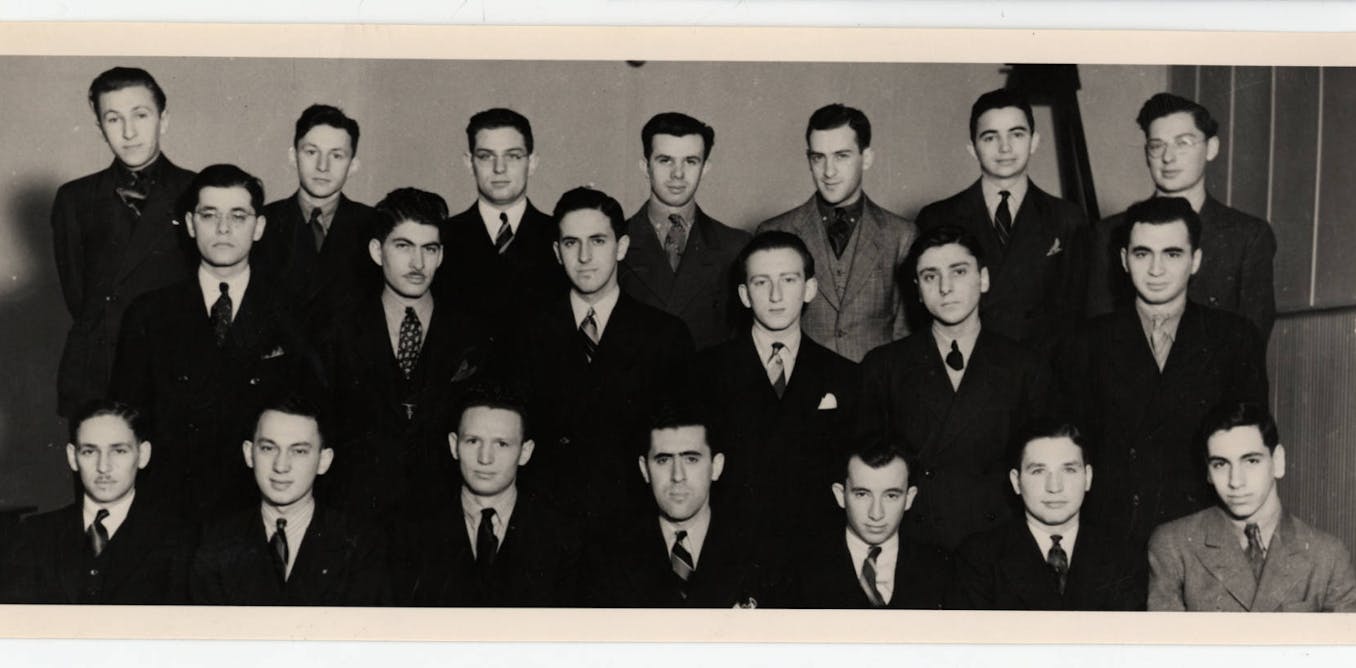Education
Rotimi Onadipe Shares Tips On How To Overcome Academic Procrastination In Today's Internet Age
Internet-safety advocate Rotimi Onadipe from Nigeria has disclosed how to prevent academic procrastination in today’s internet age.
What is academic procrastination?
Academic procrastination is a situation where people postpone academic assignments, school projects, examinations, interviews, or other academic programs.
It is very common among students and academic professionals, particularly in today’s Technology age, where most students in secondary and tertiary institutions now receive lectures online.
In most cases, it is caused by a lack of self control over a particular addictive behaviour, e.g. internet or social media addiction, online gaming, watching videos, sleeping etc.
The advancement of Technology, particularly the invention of high-tech devices and social networking apps, has contributed to the prevalence of academic procrastination among students and academic professionals.
Academic procrastination has a significant negative impact on academic performance or achievement.
Research by experts revealed that addiction to the internet and social networking sites had contributed to the prevalence of academic procrastination in the present digital age.
Academic procrastination is a very dangerous phenomenon in today’s digital age, as many students now spend several hours online, watching their favourite videos, chatting with their online friends, listening to their favourite music, watching their favourite Football matches, commenting on trending news and videos, etc., without minding the consequences it has on their academic performance.
According to the American Psychological Association (APA), 80% to 90% of college students procrastinate, particularly when it comes to doing their coursework.
However, to win the war against academic procrastination in today’s digital age, we need to identify the common causes, effects and lasting solutions.
Common causes of academic procrastination
- Addiction to internet or social media.
- Addiction to pornographic materials.
- Lack of self control
- Addiction to watching videos.
- Addiction to music.
- Lack of proper orientation about academic procrastination.
- Laziness.
Effects of academic procrastination
- Failure in examination.
- Dropping out of school.
- Guilt and regret.
- Inferiority complex.
- Depression.
- Low academic performance.
- In some cases it may lead to suicide attempt.
Lasting solutions for academic procrastination
- Admit that you have the problem.
- Identify the cause of the problem.
- Think about the consequences.
- Ask God for help.
- Be determined to address the situation.
- Be optimistic that you will get over it.
- Reduce the time you spend on social media.
- Be disciplined about internet usage.
- Avoid anything that distracts you from your academic programmes.
- Reduce the number of your online friends.
- Create to-do list for your daily activities.
- Don’t postpone any academic assignment or project.
- Choose a data plan that will not have negative impact on your academic programmes.
- Avoid watching pornographic materials online.
- If all your efforts to overcome academic procrastination fail, contact a counselor for help.
Featured image: Dawson College
-

 Education1d ago
Education1d agoParents, lawmakers make last-ditch plea to school board to halt Denver closures
-

 Education2d ago
Education2d agoWhat would it mean if President-elect Trump dismantled the US Department of Education?
-

 Education5d ago
Education5d agoPhiladelphia students have a new reading and writing curriculum − a literacy expert explains what’s changing
-

 Education5d ago
Education5d agoWhy school police officers may not be the most effective way to prevent violence
-

 Education5d ago
Education5d agoColorado schools commit to protecting students ahead of potential mass deportation
-

 Education1w ago
Education1w agoCampus diversity is becoming difficult to measure as students keep their race and ethnicity hidden on college applications
-

 Education1w ago
Education1w agoFederal judge rules that Louisiana shalt not require public schools to post the Ten Commandments
-

 Education1w ago
Education1w agoCampuses are ground zero in debates about antisemitism − but that’s been true for 100 years


























